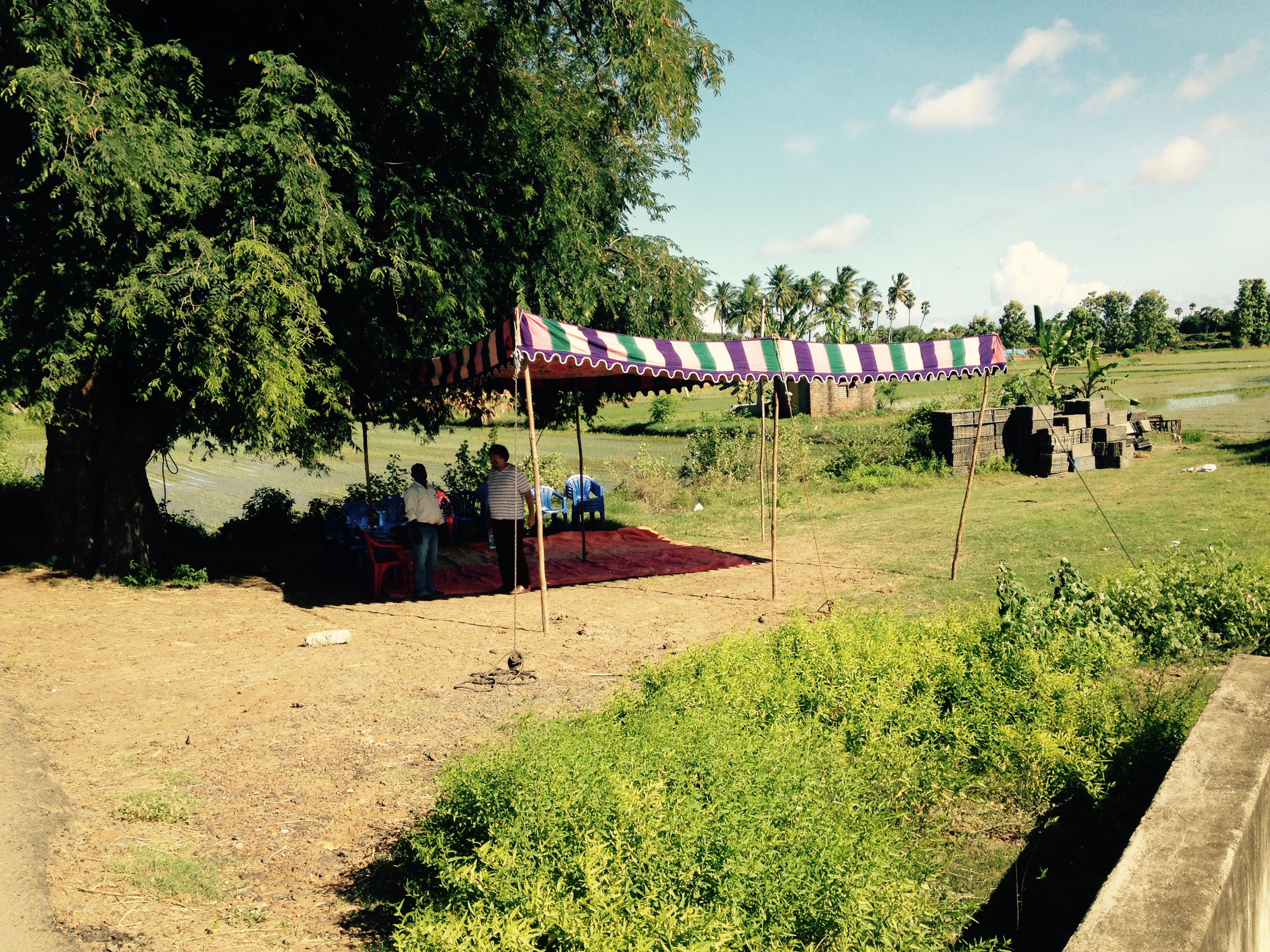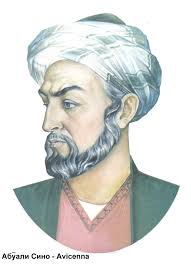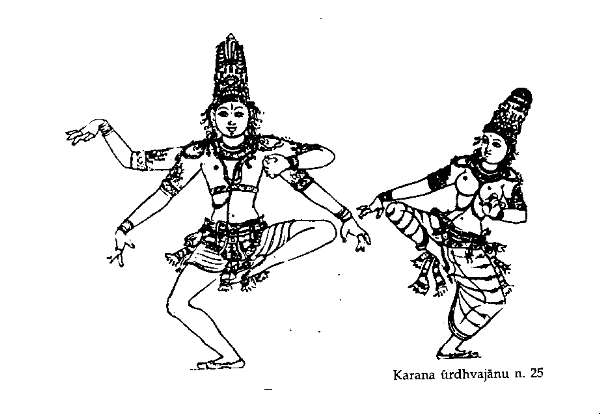Towards an Indian Music Therapy
Reflections on a week with Nigel Osborne
A 10 minute read
Having just spent a week with Dr Nigel Osborne, speaking to experts in education, healthcare and Indian arts, here are some personal observations.

After seven days of hands-on music therapy workshops, with participants ranging from toddlers and babies with special needs to 80+ year old rural villagers in a palliative care setting, a project has taken shape. It was not planned in advance, but rather it emerged spontaneously from the sheer enthusiasm and energy of everyone involved, both participants and facilitators.
In a nutshell, I have walked into a project that will take up an increasing chunk of my time - something that was very far from my mind one week ago, when I walked into a spacious lecture hall in the Sri Aurobindo society one Friday morning not knowing what to expect.
Presenting that day were Dr Nigel Osborne, Emeritus Professor of Music at Edinburgh University and two of his former students: Emmeline McCracken, a practising music therapist, and Christina Bain, a community music specialist.
Dr Nigel took the floor. He is a kindly bear of a man who speaks with precision. In a deep voice, resonant over the roar of the ceiling fans, he changed my perception about music therapy utterly.
Previously, it had seemed to me a worthy, yet unexciting area of medicine - a ‘soft’ offshoot of psychology, performed by happy clappy singalong guitarists, meant to lift people’s spirits, and that alone. Of course there is nothing wrong with making people feel better through music, but from what I had heard, it all just seemed a bit tame, a bit woolly.
Alzheimers and music with astonishing results
I had come across, in my own research, some incredible examples of music connecting with people in a way that had been previously thought impossible. And so I was keen to find out more, but I wasn’t sure just how interested in it I was.
One of the first names that Dr Nigel spoke that day was Ibn Sina, or Avicenna. Now I really pricked up my ears. I knew that the golden age of Arabic science and philosophy, where titans like Al Kindi and Al Farabi took the great works of the Greeks to dazzling new heights, was also a golden age of music, and that these great theoreticians were amongst our first serious musicologists. Of the three books that I had brought out with me to Pondicherry - two of them were about this exact same subject (Sa’adyah Gaon on the Influence of Music, by HG Farmer, and Music in the World of Islam, by Amnon Shiloah).
The debt the Europeans have to Arabic music is well known of course, not even referring to the Catholic adhan, or call to prayer.
Saete Sevillana, performed during Holy Week.
 Persian polymath Avicenna whose expertise covered astronomy, alchemy, geography and geology, psychology, Islamic theology, logic, mathematics, physics and poetry.
Persian polymath Avicenna whose expertise covered astronomy, alchemy, geography and geology, psychology, Islamic theology, logic, mathematics, physics and poetry.
But the idea that these titans also had a role to play in music therapy - now that was interesting. Persian and Arab philosophers, linguists and scientists had their eyes and ears turned both to the East and West. From these writers, I knew that medicine and music used to be deeply connected - moreover, that they were understood as part of the same holistic system. But had music ever been a part of European medicine?
It turns out - yes - and moreover, language is a clue as to how connected we once were. That huge language arc that spans from India to Europe and beyond - the Indo-European language family - hints at deeper connections. There are remnants of ragas in European folk musics: a relationship between seasons and themes and musical scales. European tradition used to have a holistic understanding of the how sound waves and other forms of vibrational energy interact - until the 16th c., when we lost it. And therein lies the problem.
Music therapy is in a bind, said Dr Nigel, due to the fact that it was reborn in the Anglo-Saxon world. Now, Anglo-Saxons are great at measuring and planning and analysing, but they don’t know a great deal about holistic bodies. They no longer really understand how music, health and consciousness might be interlinked. But, a music therapy framework born in an Indian understanding of what it means to be healthy, and to connect with others - now there’s something that could be interesting.

And so began the kernel of a project: to experiment with music therapy, to see if Indian practise can inform a holistic, integral form of music therapy - a sonic ayurveda, rooted in Sanskrit, carnatic tradition, breath discipline, techniques from the Natyashastra, The world’s most important ancient treatise on the performing arts. No, I didn’t either. and yoga.
For the next seven days, Dr Nigel invited us to get stuck in, practising music therapy with toddlers, children, teenagers and the elderly. With occasional visits to village programmes in rural Tamil Nadu, we explored Pondicherry and some of its more forward-thinking institutions - a hospital with an established music therapy programme, the kindergarten at the Sri Aurobindo Ashram, and Satya Special School, a beautiful institution for children with severe disabilities - autism, cerebral palsy, Downs and so on.

It is Satya School that will become the headquarters for this ambitious project: training educators to use music therapy with people of all ages, and in a few mornings’ work together with local specialist staff, we all witnessed moments of magic: a profoundly deaf boy composing a song based on vibration alone; a sullen autistic boy engaged in an ecstatic drumming conversation; a ninety-year old lady on a palliative care programme dancing and singing her heart out.
So much so that at the end of the last session, the educators, the team from Scotland and everyone else just sat there on the floor in silence. Noone wanted to leave.
I challenge you not to want to learn Sanskrit after you watch this
Pondicherry is a special place. In global terms, the integral education as developed at the Sri Aurobindo Ashram is just about the most radical, sensitive and high-achieveing educational philosophy I’ve ever come across. I should know - I came to Pondicherry to meet Planet Read, one of the world’s smartest educational charities - and, as it turns out, products of the Ashram School. The Ashram seems to create and attract talent: and both the strength of experience at the Ashram and in Auroville, its sister town just outside Pondicherry, bode extremely well for our project.
Aurelio can also make stones sing
Dr Nigel and his team at Edinburgh will bring a broad understanding of the field, computational expertise, a network of neuroscience professionals and over twenty years hands-on practice; Vijay, Dr Sampadananda Mishra and his colleagues at the Society will bring deep knowledge of the healing power of language, and in particular Sanskrit, Aurelio at Swaram brings the best quality musical instruments, and the most insight into the healing properties of pure sound that I know of.
It’s a very exciting time, and I for one can’t wait to see what happens next. Watch this space.